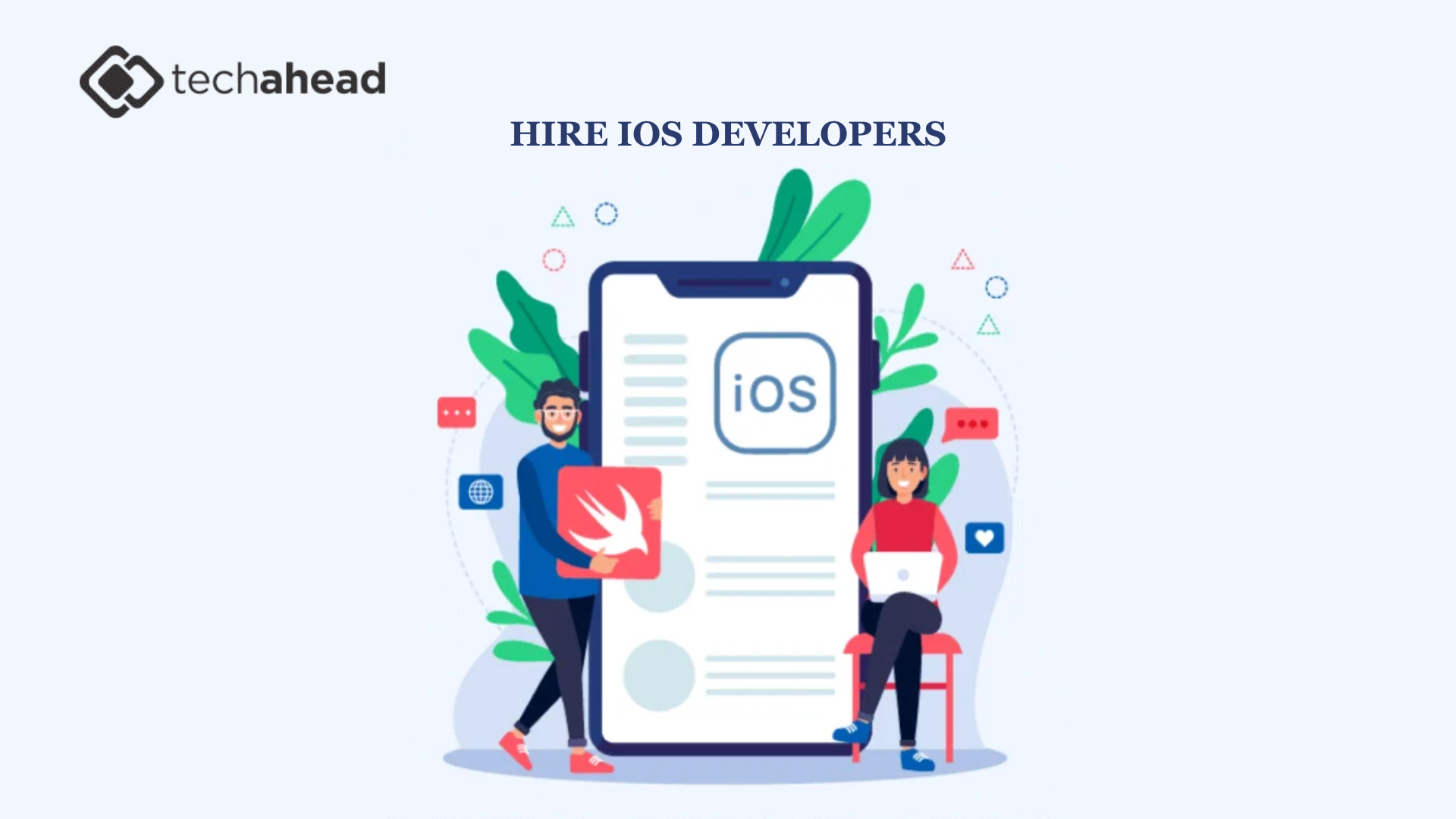Hiring the Right Developers: Differences Between iOS and .NET Skills

Strong 8k brings an ultra-HD IPTV experience to your living room and your pocket.
Hiring the right developer for your project can be tricky, especially when you're choosing between different tech stacks. If you're building a mobile app for Apple devices, you'll probably look to hire iOS developer talent. On the other hand, if your project leans toward enterprise web apps, backend systems, or Windows-based platforms, .NET developers are more up your alley.
But here's the thing, iOS and .NET developers are not interchangeable. They bring different technical skills, work on distinct platforms, and even approach problems in unique ways. Understanding these differences can help you make better hiring decisions, align your team effectively, and ultimately build a product that performs exactly the way you want it to.
Let’s break down what sets these two developer profiles apart and how to choose the right one for your needs.
Understanding iOS and .NET Platforms
What is iOS Development?
iOS development is all about building applications specifically for Apple’s ecosystem, iPhones, iPads, and even Apple Watches or TVs. Developers use Swift or Objective-C, along with Apple’s native tools like Xcode and Interface Builder. The end goal? A smooth, secure, and beautiful experience that feels “at home” on Apple devices.
iOS apps usually go through a strict App Store approval process, which means iOS developers need to pay close attention to Apple’s design and performance guidelines.
What is .NET DEVELOPMENT?
.NET, developed by Microsoft, is a versatile framework used to build web, desktop, mobile, and cloud applications. It supports multiple programming languages like C#, VB.NET, and F#, and it works across platforms, especially with the rise of .NET Core and .NET 6+.
.NET developers often work on enterprise-level software, backend APIs, or even cloud solutions using Azure. Unlike iOS apps, which are mostly client-facing, .NET solutions often sit under the hood and handle business logic or heavy data processing.
Key Difference is Skills and Tools
Let’s break down what you’re actually looking for when hiring each type of developer.
Programming Languages
iOS: Primarily Swift and occasionally Objective-C.
.NET: C# is the main language, with some VB.NET or F# in specific projects.
Development Environments
iOS: Xcode (only available on macOS).
.NET: Visual Studio (cross-platform with .NET Core and Visual Studio Code).
Framework & Libraries
iOS: UIKit, SwiftUI, CoreData, Combine, and HealthKit (among others).
.NET: ASP.NET, Entity Framework, Blazor, WPF, and SignalR
Platform Targets
iOS: Focus on mobile applications for Apple devices.
.NET: Build web pages, APIs, desktop tools, and cross-platform apps (especially with MAUI or Xamarin).
When to Choose iOS Development?
Here are scenarios where hiring an iOS developer is the obvious choice:
- You’re building a native app for iPhones or iPads.
- You want deep integration with iOS features like Face ID, Apple Pay, or HealthKit.
- You need high-performance animations and a polished user interface.
- You’re targeting the Apple ecosystem first and may expand to Android later.
iOS developers often have a sharp eye for detail and UI/UX because Apple users expect nothing less than a sleek and intuitive experience.
When to Choose .NET Developers?
.NET developers are your go-to when:
- You’re developing backend systems or APIs that need to scale.
- Your application is data-heavy or relies on Microsoft technologies.
- You’re building an enterprise solution with complex business logic.
- You need to integrate with Windows-based infrastructure or tools.
.NET developers typically excel in designing systems that are secure, maintainable, and optimized for performance in enterprise environments.
Collaboration Between iOS and .NET Developers
Interestingly, these roles can complement each other in many projects. For example:
- An iOS app could be the front-end interface, while the back-end API is developed using .NET.
- A .NET developer could build a robust server environment, while the iOS developer ensures the app communicates seamlessly with it.
If you’re building a full-stack solution, understanding how these two specialties interact can help you manage your team more effectively.
Conclusion
Whether you’re building a sleek mobile app or a scalable enterprise platform, choosing the right developer is essential. If you want to craft a stunning, user-friendly app for Apple devices, then go ahead and hire iOS developer talent. But if your needs revolve around powerful backend systems or Microsoft-based solutions, it's time to hire .NET developers who understand the landscape inside and out.
At the end of the day, it’s not about which skill set is “better,” it’s about finding the right fit for your specific project goals. And when you get that part right, everything else tends to fall into place.
Note: IndiBlogHub features both user-submitted and editorial content. We do not verify third-party contributions. Read our Disclaimer and Privacy Policyfor details.







